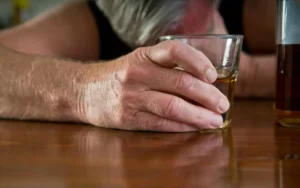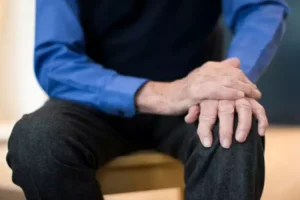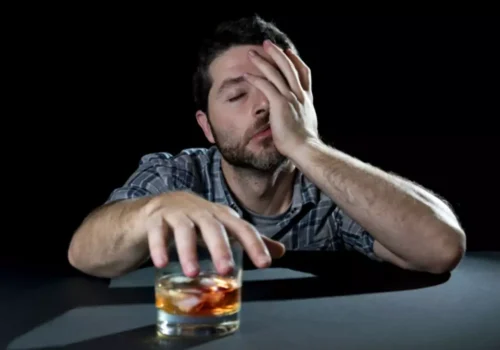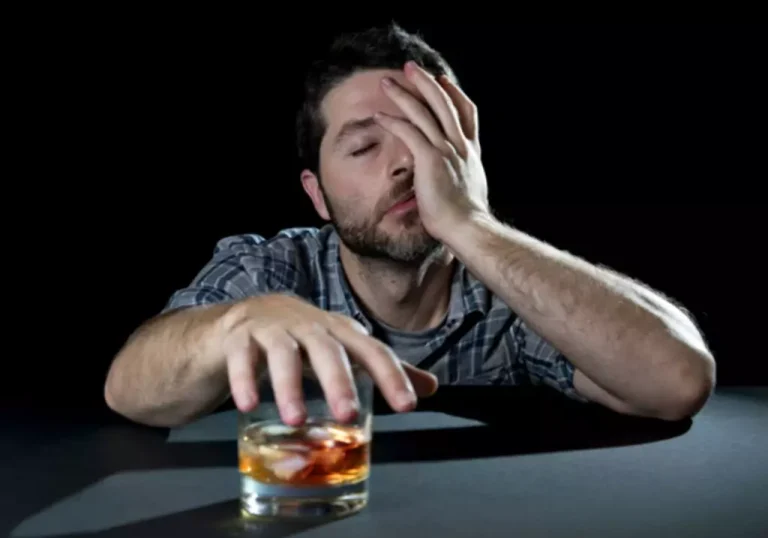Alcohol and Sleep

But other facts and situations are far from inconsequential and must be retained for future recall if you’re to survive and thrive. This task of remembering some things and forgetting others is so complicated that your brain does much of it after you’ve closed your eyes and dozed off, providing the peace and quiet needed to sort it all out. Waking up with a sore throat can be a frustrating and uncomfortable experience.

Giving up alcohol for Dry January? Our newsletter can help you reach your goal
- But the truth is, drinking regularly—even moderate drinking—is much more likely to interfere with your sleep than to assist it.
- It affects an estimated one in three adults over 30 and about half of people 65 and older.
- But anyone who’s ever had a frustratingly restless night after drinking might wonder whether alcohol is really to blame for their sleep problems.
- We will walk you through common questions and misconceptions about alcohol and sleep and break down what alcohol does to the sleeping body at each sleep stage.
- Or blocking off an hour on your calendar to take a walk through a neighborhood or park you love, just because it feels good.
Most of the UK population are not heavy drinkers, with some groups likely to drink more than others. According to Alcohol Change, groups that are more likely to drink regularly or in excess include higher earners, older people and men. Sleep also reinforces the brain’s ability to be emotionally resilient. When you don’t get enough sleep, you can become moody, irritable and overly emotional. Your thinking and reactions are more likely to be negative, with positive thoughts muted. Finding the ideal temperature for sleeping is crucial for ensuring a good night’s rest.

Managing Chronic Pain and Sleep: Helpful Tips for a Good Night’s Rest
If you find yourself experiencing this problem on a regular basis, it’s important to understand the potential causes so you can take steps to prevent it from happening in the future. Sleep is also controlled by nerve centers in the brain, containing nerve stems that produce serotonin (a chemical linked to the onset of sleep) and also norepinephrine (which regulates slow-wave sleep). Alcohol consumption changes the function of these chemical messengers resulting in changes to your sleep patterns. Alcohol has been shown to negatively impact sleep, but this comes down to the individual. Consuming alcohol and experiencing restricted sleep reduces alertness during the day. It can have a relaxing effect, but research shows that too much alcohol can lead to a lack of sleep or insomnia.

Alcohol and sleep FAQ
This hormone plays a key role in helping to maintain a healthy metabolism, control body fat and restore tissues. Having a drink or two with dinner or when you’re out with friends is still a big part of our culture in many parts of the world. A few drinks here and there shouldn’t hurt your overall health, but your drinking habits could be worth a second look if you find they’re impacting your sleep schedule or any other parts of your life. There are a ton of options for changing your drinking routine, whether that means cutting down a little or abstaining completely.
It’s a sedative, so it can send you into a deep sleep quickly—but that’s not what’s supposed to happen. In other words, it throws off the first two stages of light sleep, and it can be difficult for your body to readjust during the remainder of the night. While this may work for a short time, typically, more alcohol is needed to accomplish this over time. This practice can mask an underlying sleep disorder such as obstructive sleep apnea which may be causing the insomnia in the first place.
Strengthening your disease defense

RC Psych says that cutting down or stopping drinking altogether can have a positive effect on your mental health. According to skin expert Kate Kerr, the sugar content of alcohol can encourage inflammation, which leads to cell damage – which results in issues like ageing, pigmentation, and hydration loss. But if a heavy drinker was to quit alcohol, they would likely see a number of positive changes to their health and wellbeing in a short space of time. Last year, a poll of 2,000 UK adults found that Britons are motivated to drink mindfully, with 61% saying they are more inclined to drink alcohol in moderation.
- This practice can mask an underlying sleep disorder such as obstructive sleep apnea which may be causing the insomnia in the first place.
- Clinical studies confirm that alcohol quickly loses its effectiveness as a sedative, but retains its sleep disturbing qualities.
- “Your hair should then get back to its normal healthy state within a couple of months.”
- After you receive a vaccine — say, for COVID-19 or the flu — your body requires sleep to respond fully and build a robust immune defense.
- Once they determine the cause, they can recommend the appropriate treatment, which might include behavioral changes, exercises or medication.
Alcohol is the most common sleep aid—at least 20 percent of American adults rely on it for help falling asleep. But the truth is, drinking regularly—even moderate drinking—is much more likely to interfere with your sleep than to assist it. In 2018, researchers in Britain compared health outcomes among a group of people who agreed to stop drinking for a month with the health of a group that continued to consume alcohol. In 2018, researchers in Britain compared health outcomes of a group of people who agreed to stop drinking for a month with the health of a group that continued to consume alcohol. The dehydration caused by alcohol can cause your hair to become dry, brittle and make it prone to breakage.
Your mental health improves
In addition to commission, we may also consider a brand’s popularity and its overall reputation in determining a score for a product, service or brand. People who struggle to get to sleep and stay asleep may turn to alcohol to help induce that much-needed slumber, explains Brager. Simply cutting back or giving up alcohol or other drugs can be enough to reverse the negative impacts on your sleep (and can greatly improve your health overall). Sleepwalking and parasomnias — You may experience moving a lot or talking while you’re sleeping. does liquor help you sleep There’s a chance you’ll physically act out your dreams in your sleep, or even sleepwalk. CBTi is recommended as the best starting point for treating insomnia that has lasted more than four weeks (chronic insomnia).
Track REM, Deep, and Light Sleep – Using Only Your Phone
People who wake up feeling unrefreshed may be more likely to rely on alcohol again to help them sleep the next night, leading to a counterproductive pattern of alcohol use. https://ecosoberhouse.com/ Alcohol potentially causes a shorter overall sleep time and disrupted sleep, which lead to next-day fatigue and sleepiness. The more alcohol you drink, the greater the negative effects on your sleep.
With sleep onset, relaxation of the muscles of the jaw, tongue, and throat occurs, leading to a narrowing of the upper airway diameter. Essentially changes in the brain’s regulation of marijuana addiction upper airway musculature lead to OSA. Alcohol aggravates OSA as it can increase the time between the breaths you take as you sleep. Drops in blood oxygen levels (desaturations) become more pronounced and can in severe cases lead to hypercapnia (increased carbon dioxide), a potentially fatal condition.
